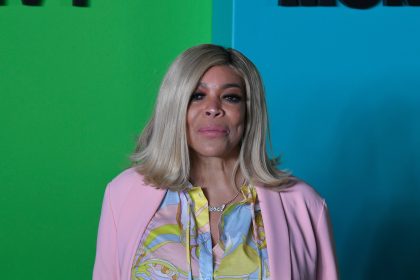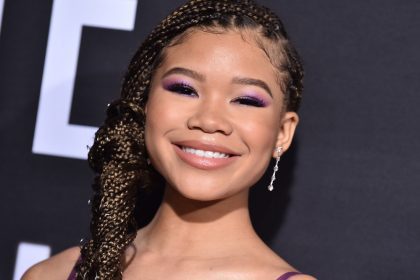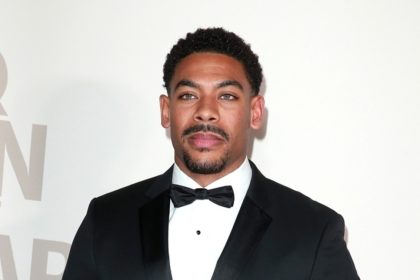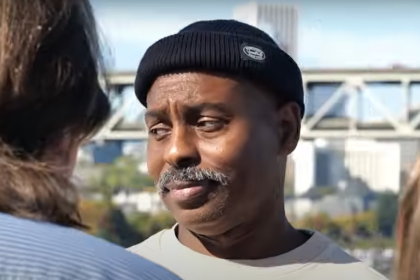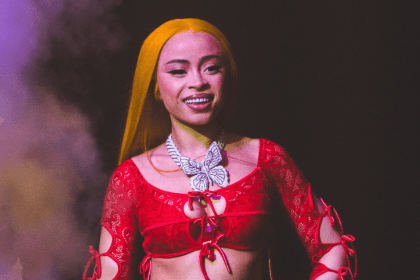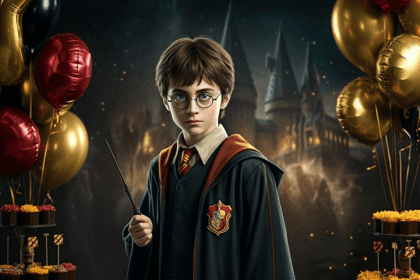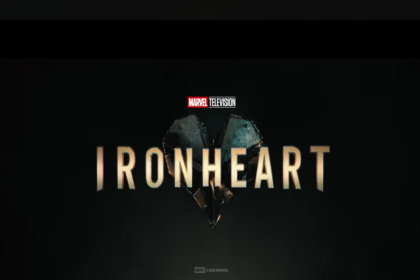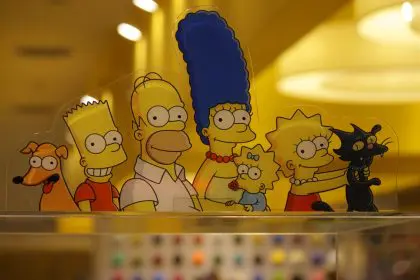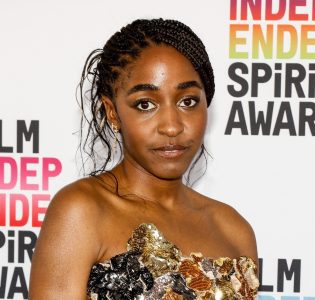[jwplatform tCQS7YkE]
HBO’s powerful new documentary “Southern Rites” was screened in New York City last week at Sunshine Cinema in SoHo, and the experience was likely one that no one who attended will be soon forgetting. “Southern Rites” tells the story of a community in Montgomery County, Georgia; a community that has long been divided along racial lines. The high school’s first integrated prom was held in 2009, but what should have been a cause to celebrate a long-standing barrier being broken quickly dissolved into fear and anger after the killing of 22-year-old Justin Patterson. Director Gillian Laub examines what happened to Patterson, who was Black, on the night that he was shot by Norman Neesmith, a 62-year-old White man; and the film also looks at the aftermath of the case and how this community has been affected by all that has transpired.
Laub initially wrote about the segregated proms of Montgomery County in 2009 and went back to document the first integrated prom. But while she was there, she discovered the Patterson case and recognized a much larger story needed to be told.
“Justin was killed and there was a year and half [where] no one had heard about Justin Patterson,” Laub explained to the screening audience. “I realized that I have to do something about this.”
John Legend served as an executive producer and provided music for the project. Legend was also on hand to introduce the film and made it clear just how much this entire experience has meant to both he and everyone involved.
Following the film, the panel provided more insight into both the filmmakers’ perspective and offered some insightful commentary on the subject of race. Participants Jelani Cobb, Collier Meyerson, moderator Ta-Nehesi Coates and Gillian Laub engaged in conversations that added resonance to the film itself. The panelists addressed the idea of integration as a necessary aspect of improving race relations, the dynamics of race, sex and gender and how this film reflects the larger issues that are currently dominating headlines regarding race in America.

Laub also addressed the hostility she encountered from many of the White residents in the community. “The more resistance I got the more I realized how important this story is. There was clearly something [they wanted] to hide,” she says. “And I felt there was an injustice going on and I felt the need to share that.
If the screening is any indication, HBO audiences will be deeply affected by the sharing of that story.


